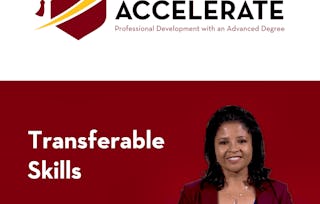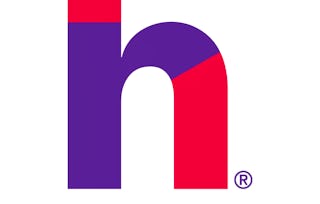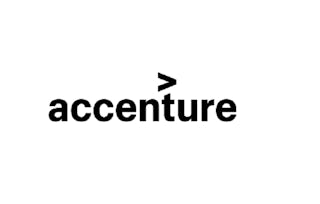Learn how to identify the enablers and barriers to learning transfer. Use your own experience to categorise the processes and activities involved in learning and transferring that learning into practice. There are many criteria against which the success of training and development activities can be judged. One of the most important, however, is learning transfer. Ultimately, the success of any given training and/or development program is reflected in whether or not what is learned is applied on the job. Organisations - and indeed trainees themselves - invest large amounts of time, effort, and resources in work-related training and generally expect to see this manifested in some way back in the work setting (e.g. as observable changes to how work is conducted). However, many organisations and their people view the likelihood of transfer of training more in hope than expectation. This course will show you how to approach the goal of improving learning transfer in your organisation.

Introduction to Learning Transfer and Life Long Learning (3L)
Seize the savings! Get 40% off 3 months of Coursera Plus and full access to thousands of courses.

Introduction to Learning Transfer and Life Long Learning (3L)


Instructors: Mike Smith
7,769 already enrolled
Included with
231 reviews
Details to know

Add to your LinkedIn profile
4 assignments
See how employees at top companies are mastering in-demand skills

There are 4 modules in this course
Instructors

Offered by
Explore more from Business Essentials
 Status: Free Trial
Status: Free TrialUniversity of Minnesota
 Status: Free Trial
Status: Free Trial Status: Preview
Status: PreviewAccenture
 Status: Preview
Status: PreviewUniversity of Leeds
Why people choose Coursera for their career

Felipe M.

Jennifer J.

Larry W.

Chaitanya A.
Learner reviews
- 5 stars
71.42%
- 4 stars
16.45%
- 3 stars
7.79%
- 2 stars
2.59%
- 1 star
1.73%
Showing 3 of 231
Reviewed on May 14, 2020
Really informative course... 100 percent worth doing it..
Reviewed on Oct 5, 2021
Practical steps for creating learning programs that will promote transfer.
Reviewed on May 26, 2020
Can recommend this course for gaining knowledge to improve your working background and how to become a prolific member at office

Open new doors with Coursera Plus
Unlimited access to 10,000+ world-class courses, hands-on projects, and job-ready certificate programs - all included in your subscription
Advance your career with an online degree
Earn a degree from world-class universities - 100% online
Join over 3,400 global companies that choose Coursera for Business
Upskill your employees to excel in the digital economy

